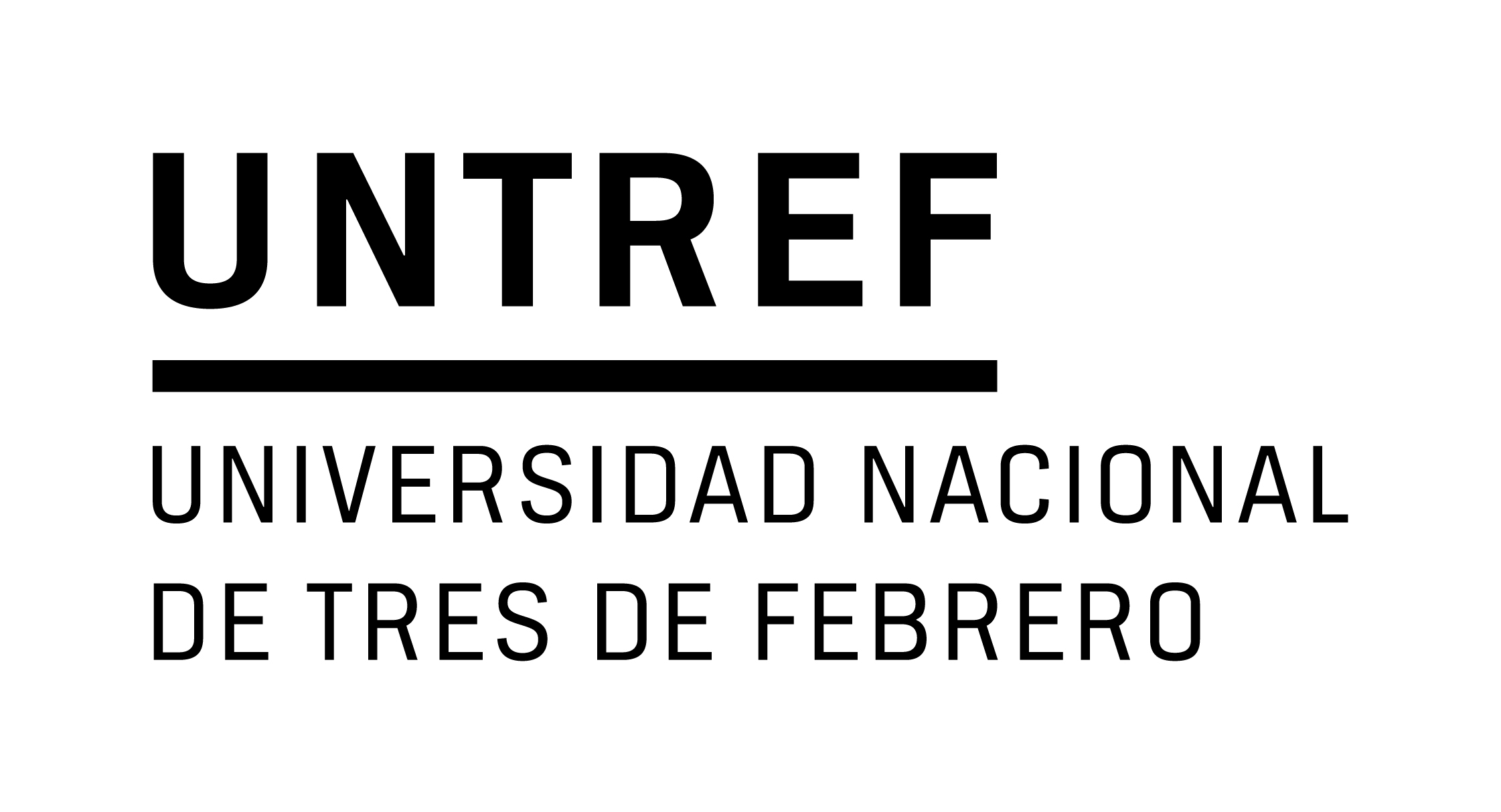From rupture to revolution : race, culture and the practice of anticolonial thought
Por: Jones, Branwen Gruffydd .
.
Tipo de material:  Artículo Tipo de portador: ImpresoTema(s): MOVIMIENTO AFRO
Artículo Tipo de portador: ImpresoTema(s): MOVIMIENTO AFRO| Tipo de ítem | Ubicación actual | Signatura | Info Vol | Estado | Notas | Fecha de vencimiento | Código de barras | Reserva de ítems |
|---|---|---|---|---|---|---|---|---|
| Publicación Periódica | Biblioteca UNTREF - Sede Posgrados | H316/AFR (Navegar estantería) | Vol. 12, no. 2 (mayo 2014) | Disponible | ACK | 2.008881 |
This article considers the development of the political thought of the lusophone African anti-colonial movements, and their engagement with negritude. Some of the leading figures of the lusophone African anti-colonial movements of Angola, Mozambique, Guinea-Bissau, Cape Verde, Sao Tomé and Príncipe were deeply engaged in poetry and literature, and during the 1950s and the 1960s some of them participated directly in some of the contexts of and debates over negritude. The article explores how the problems of race and culture in the struggles against colonialism came to be addressed and formulated in specific ways by and in the context of the lusophone African anti-colonial struggles which went beyond the limitations of negritude. It was the necessity of actual war and challenges of prolonged, popular armed struggle against the intransigent brutality of Portuguese colonial fascism which required a more revolutionary reformulation of the questions of race and culture in the struggle for independence.
